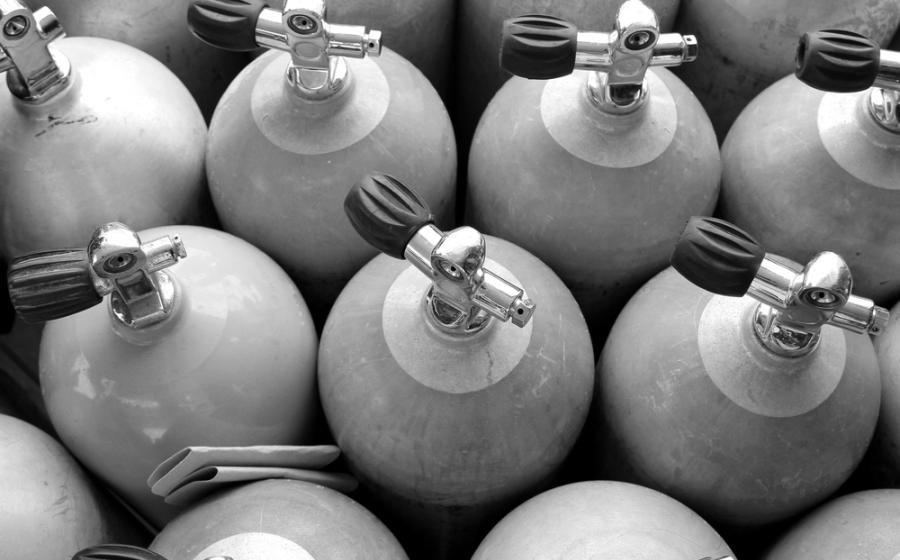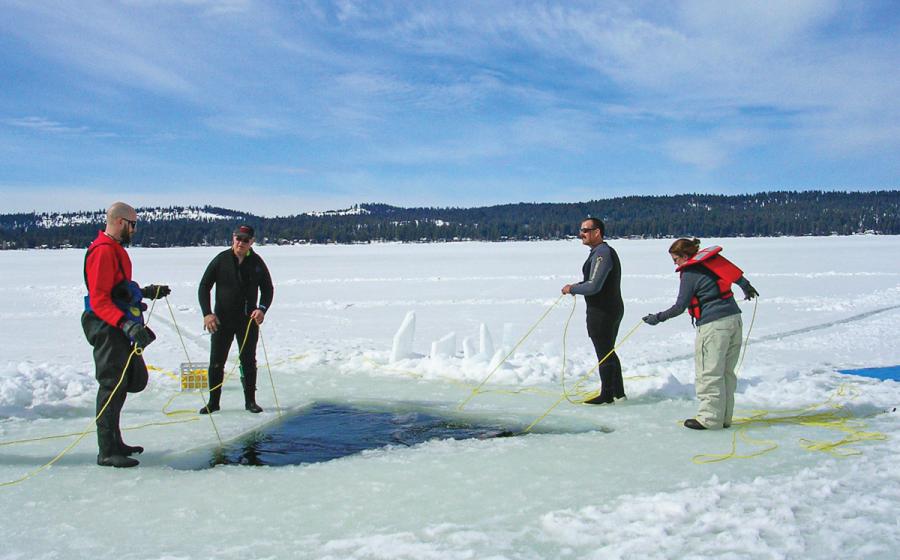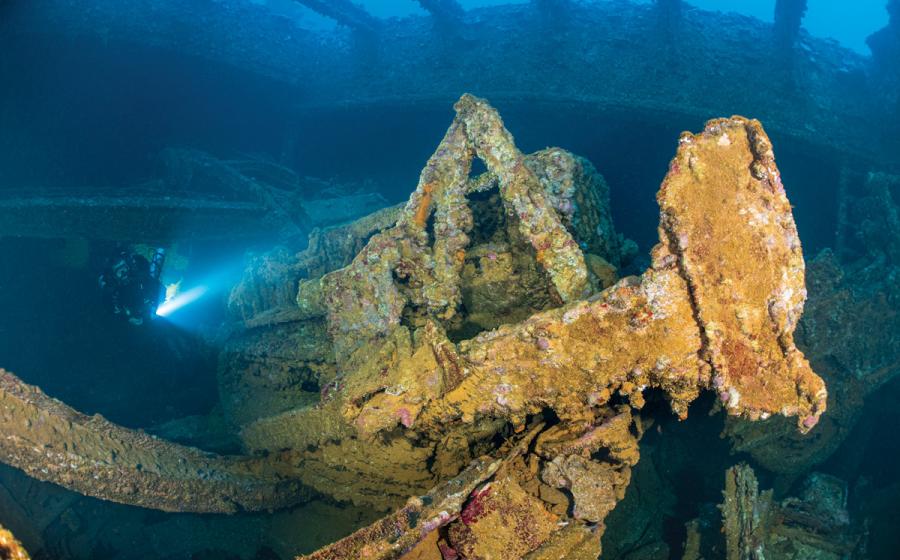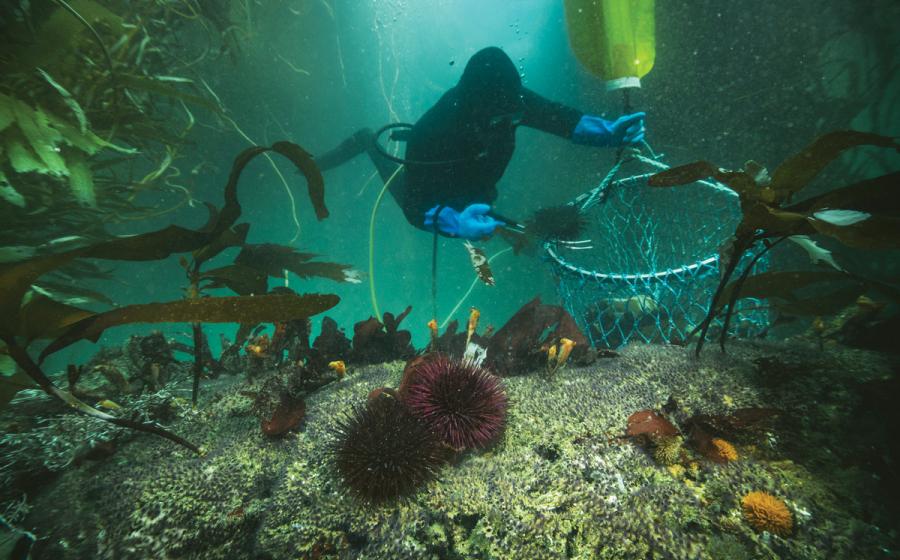Do Pufferfish Hold Their Breath?

Pufferfish
Recently, researchers have found that pufferfish do not hold their breath when they inflate.
Shutterstock
They can look like heavyweight boxers in a display of you can’t-beat-me chest swelling. But it turns out, pufferfish — which can inflate to four times their size when threatened — do not hold their breath.
“We were intrigued by previous studies that suggested the pufferfishes hold their breath while inflated, presumably to keep the ingested water in the stomach,” said Georgia McGee, who did the research while at James Cook University in Queensland, Australia.
As reported by Live Science, McGee says that “the fish breathe with their gills when puffed up, which means they can brea the as they always do, even when they inflate to the size of a football.”
All of the energy expended by the puffer when it balloons likely leaves it in a vulnerable state, because its metabolic levels are depleted. The pufferfish — also called blowfish, and known for its deadly poison — may be an easier target for predators after it deflates, which is why divers should never initiate the “puff,” no matter how tempting it may be.
“It is kind of like a human athletics race; once we have finished the race, we need some time to recover before we can perform to the same level again,” McGee said.
Interested in more?
Check out readers' choices for the Top 100 Gold List of dive destinations.
From the Cayman Islands to Palau, see which destinations made the list for Best Marine Environments.

ShutterstockRecently, researchers have found that pufferfish do not hold their breath when they inflate.
They can look like heavyweight boxers in a display of you can’t-beat-me chest swelling. But it turns out, pufferfish — which can inflate to four times their size when threatened — do not hold their breath.
“We were intrigued by previous studies that suggested the pufferfishes hold their breath while inflated, presumably to keep the ingested water in the stomach,” said Georgia McGee, who did the research while at James Cook University in Queensland, Australia.
As reported by Live Science, McGee says that “the fish breathe with their gills when puffed up, which means they can brea the as they always do, even when they inflate to the size of a football.”
All of the energy expended by the puffer when it balloons likely leaves it in a vulnerable state, because its metabolic levels are depleted. The pufferfish — also called blowfish, and known for its deadly poison — may be an easier target for predators after it deflates, which is why divers should never initiate the “puff,” no matter how tempting it may be.
“It is kind of like a human athletics race; once we have finished the race, we need some time to recover before we can perform to the same level again,” McGee said.
Interested in more?
Check out readers' choices for the Top 100 Gold List of dive destinations.
From the Cayman Islands to Palau, see which destinations made the list for Best Marine Environments.

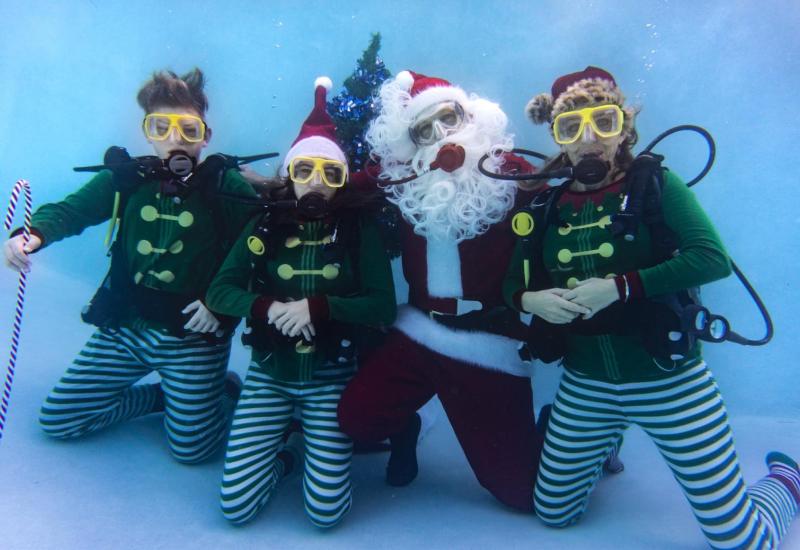
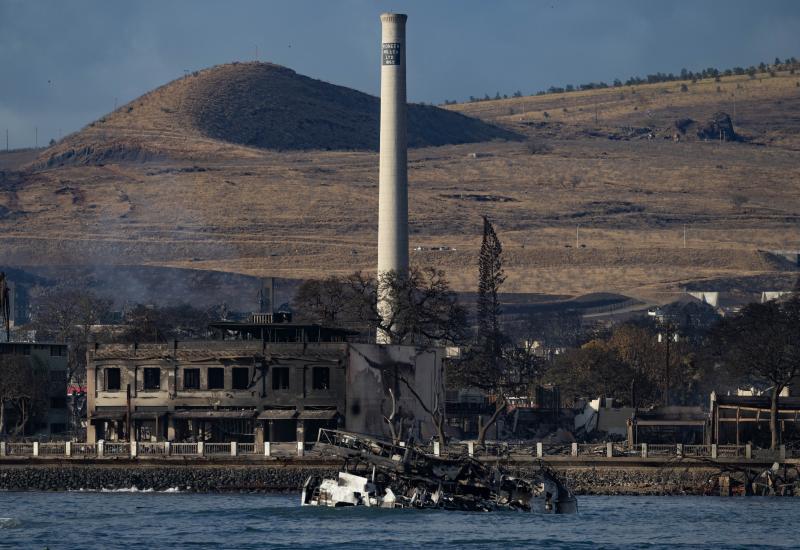
.png?itok=wW_XQefZ)


